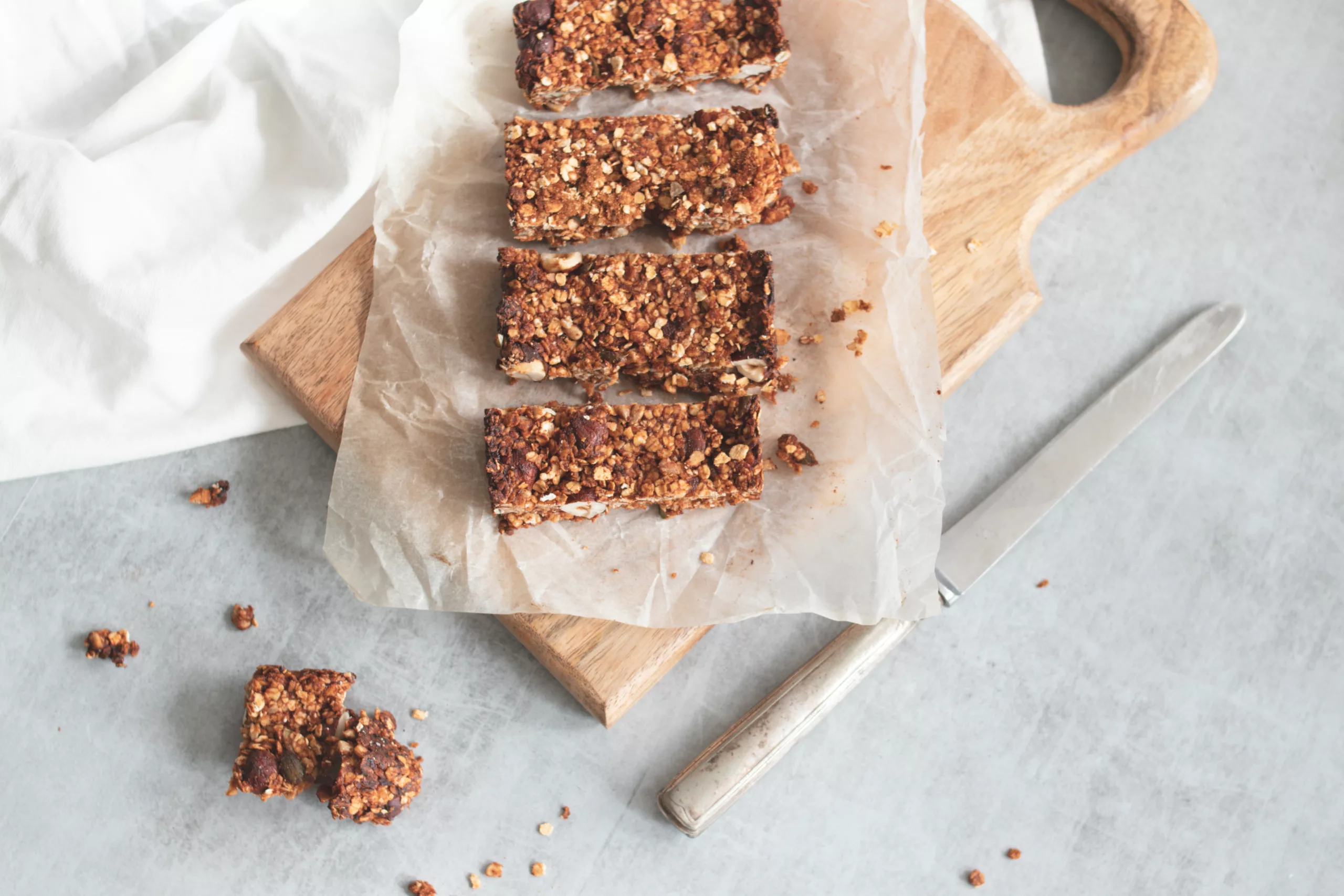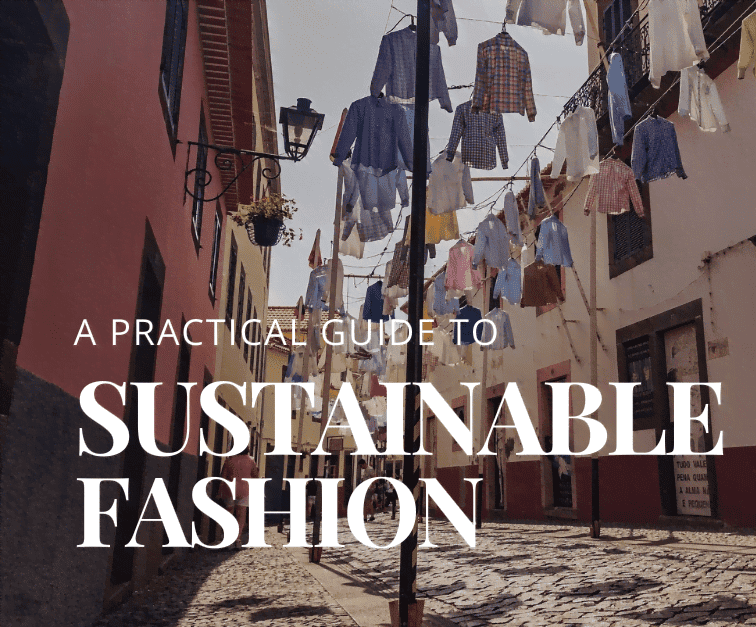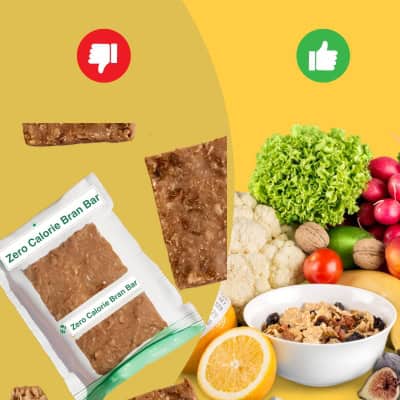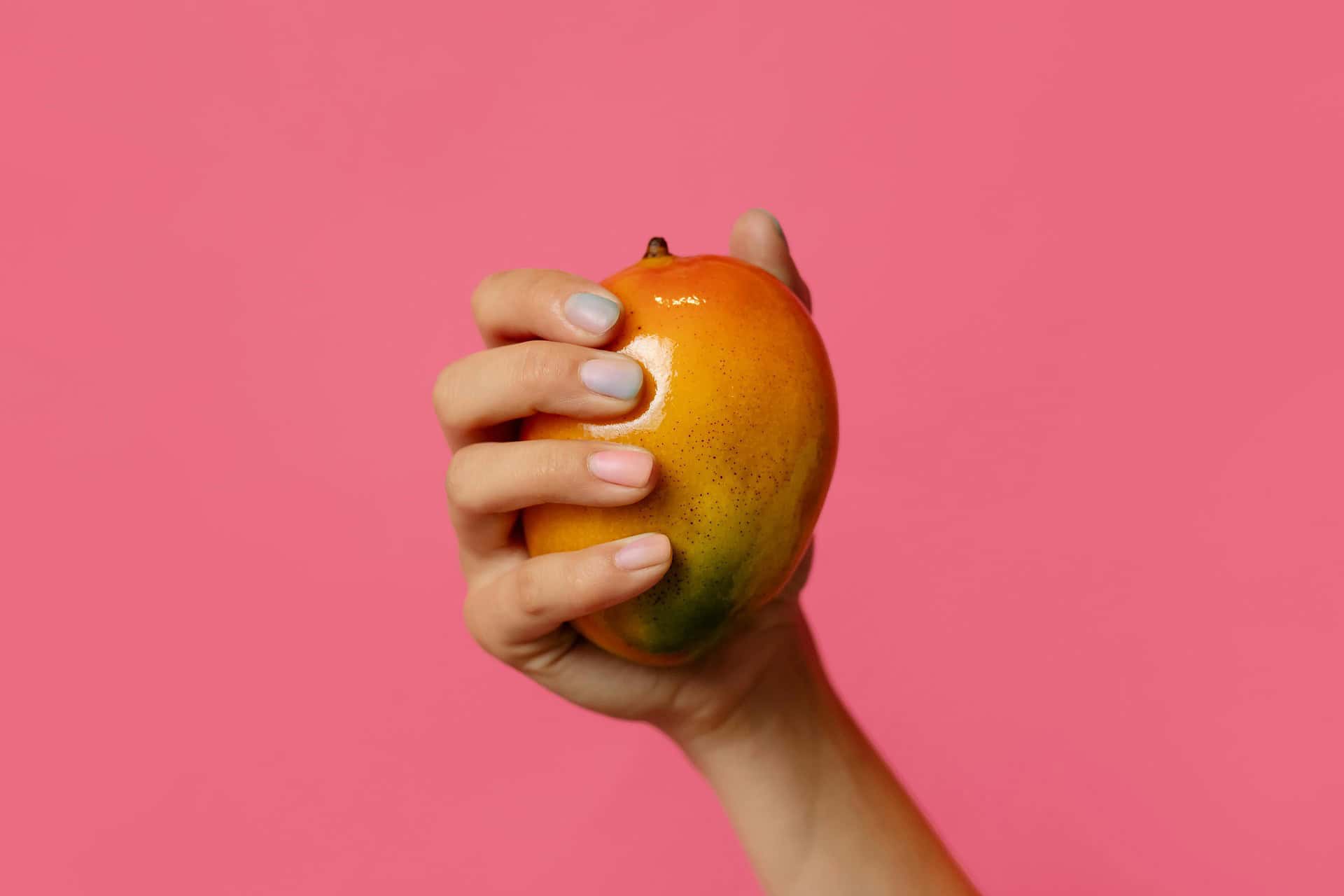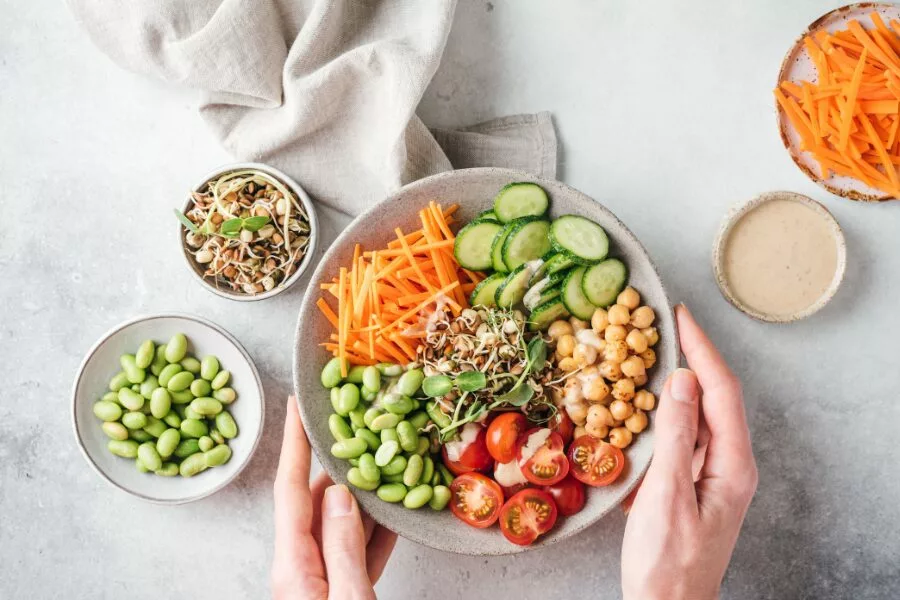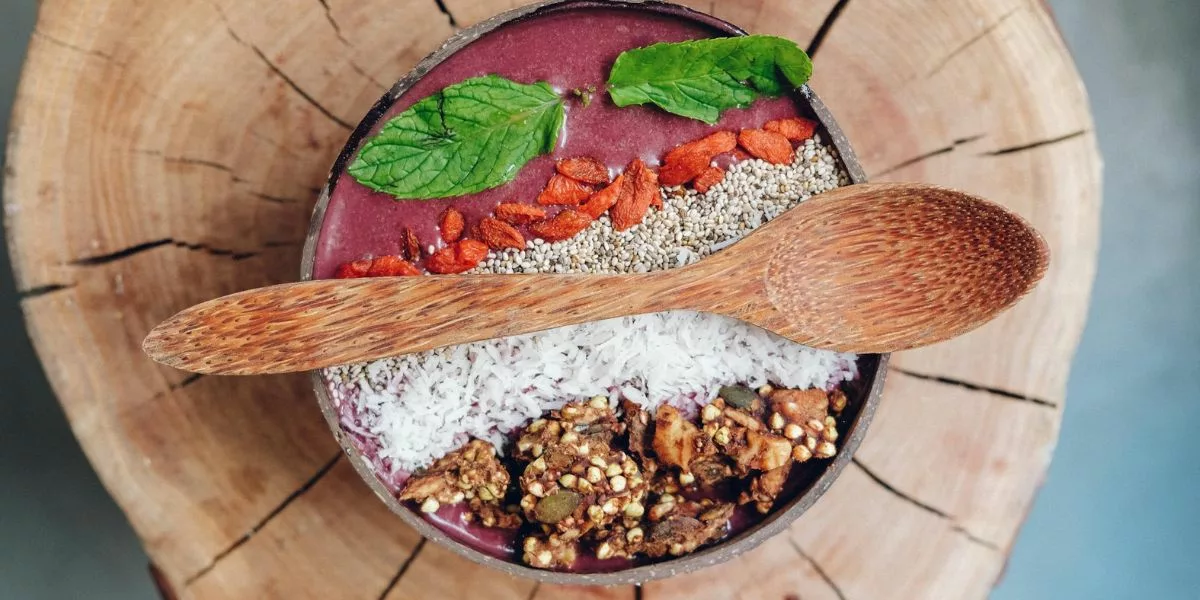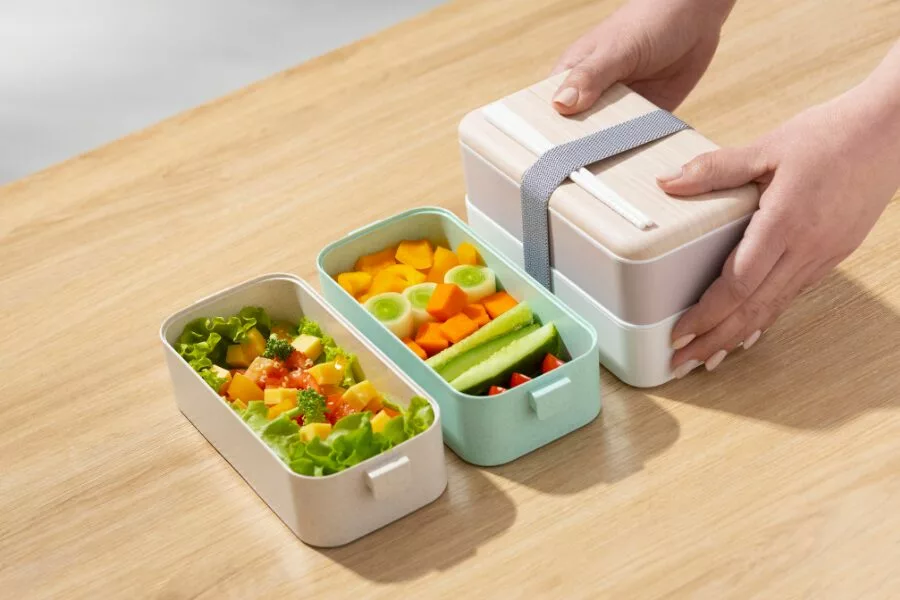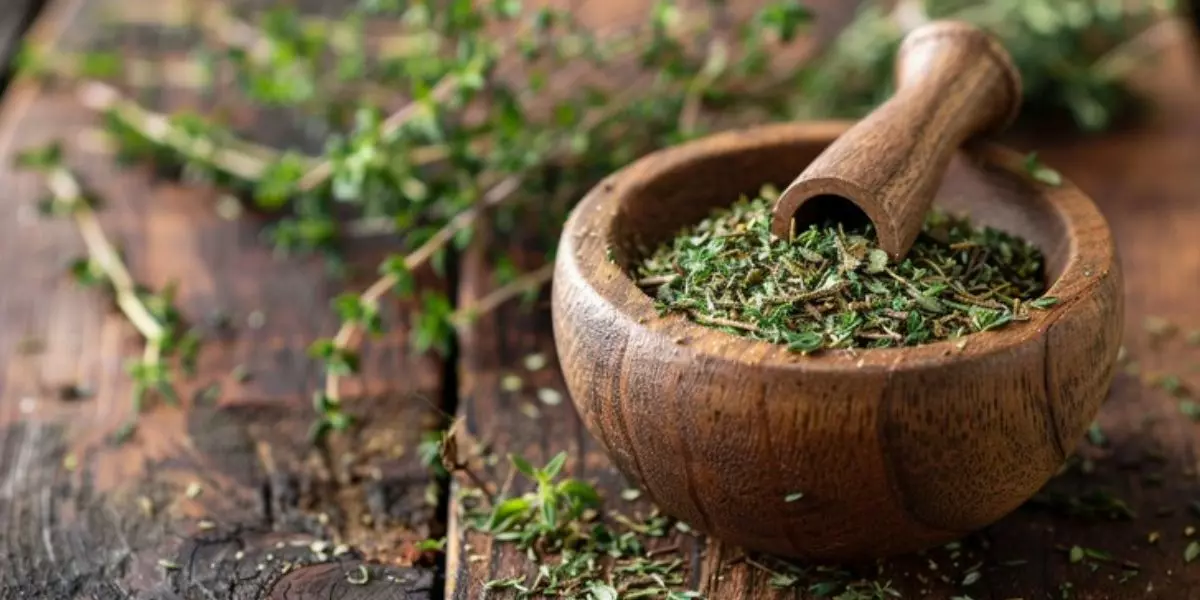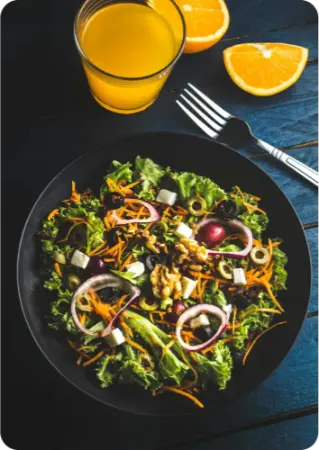Last Updated on June 6, 2024 by Our Editors
In today’s world, where the environment is at the forefront of many discussions, the importance of sustainable eating cannot be overstated. As we strive to make eco-friendly choices in every aspect of our lives, why not start the day with a sustainable breakfast option? Enter baked brownie oatmeal, a delightful fusion of taste and responsibility.
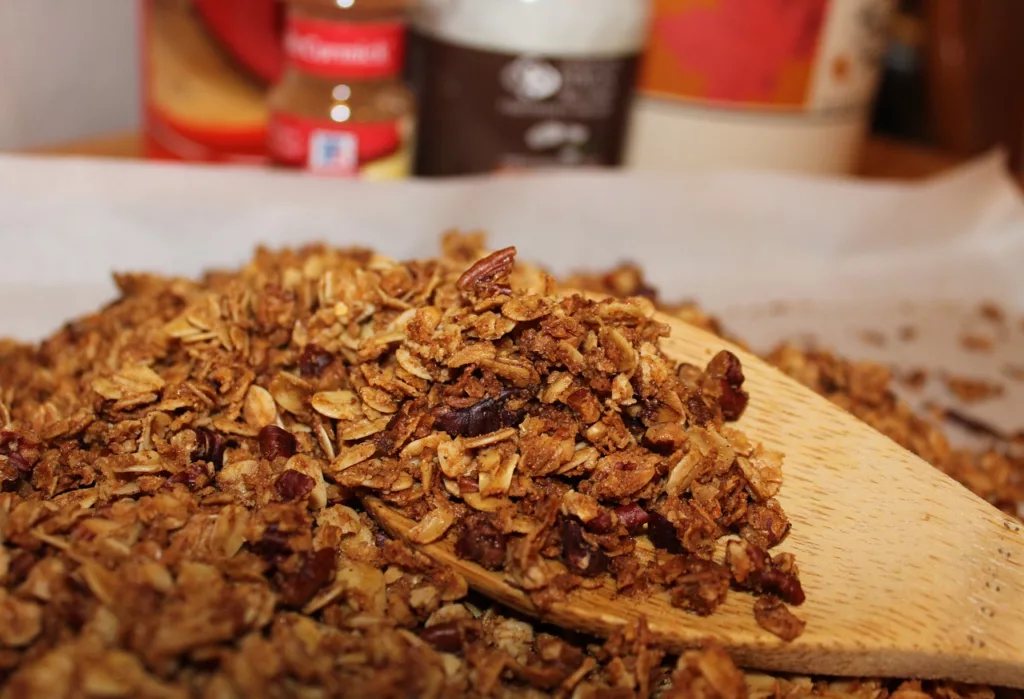
Your Baked Brownie Oatmeal Recipe
To create your baked brownie oatmeal, you’ll need the following eco-friendly and sustainable ingredients:
- 2 cups, organic oats
- 3 tablespoons, fair-trade cocoa powder
- 1 handful, fresh berries
- 2 cups, almond or soy milk
- 3 tablespoons, honey or maple syrup
- Salt
Once you’ve gathered your ingredients, follow these steps:
- Preheat your oven to 350°F (175°C).
- In a mixing bowl, combine 2 cups of organic oats, 3 tablespoons of cocoa powder, and a pinch of salt.
- Slowly pour in 2 cups of your chosen plant-based milk, stirring continuously.
- Add 3 tablespoons of honey or maple syrup for sweetness.
- Fold in a handful of fresh berries.
- Pour the mixture into a baking dish and bake for 20-25 minutes.
- Serve hot and enjoy your zero-waste cooking masterpiece!
Tip: Use reusable silicone baking moulds or parchment paper to minimize waste. Remember, every step towards a waste-free kitchen counts!
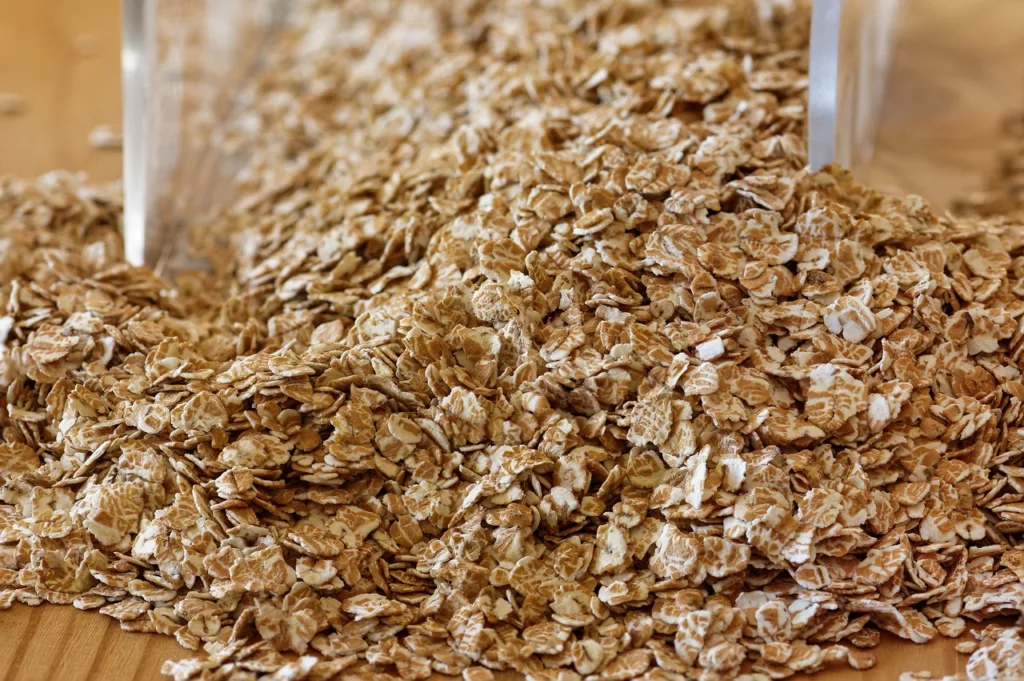
The Benefits of Baked Brownie Oatmeal
Nutritional Powerhouse
Your baked brownie oatmeal is not just a delightful treat; it’s a nutritional powerhouse. Oats are renowned for their high fiber content, particularly beta-glucans. This type of soluble fiber aids in digestion helps maintain bowel health and can lower cholesterol levels. Regular consumption of fiber also ensures a feeling of fullness, which can aid in weight management.
Cocoa powder is rich in flavonoids, a type of antioxidant that helps combat oxidative stress in the body. These antioxidants can reduce inflammation, improve heart health, and even boost brain function.
Sustainable Choice
Choosing to prepare and consume this baked brownie oatmeal is a testament to one’s commitment to sustainability. Ingredients like local honey or maple syrup, organic oats, and fair-trade cocoa powder ensure that the environmental impact associated with the production and transportation of these ingredients is minimized. By prioritizing local and ethically sourced ingredients, you’re actively reducing the carbon footprint of your meal.
The concept of green cooking goes beyond just the ingredients. It encompasses a holistic approach to food – from sourcing ingredients responsibly to minimizing waste during the cooking process. By choosing recipes like this baked brownie oatmeal, you’re advocating for sustainable culinary practices that prioritize the planet’s health.
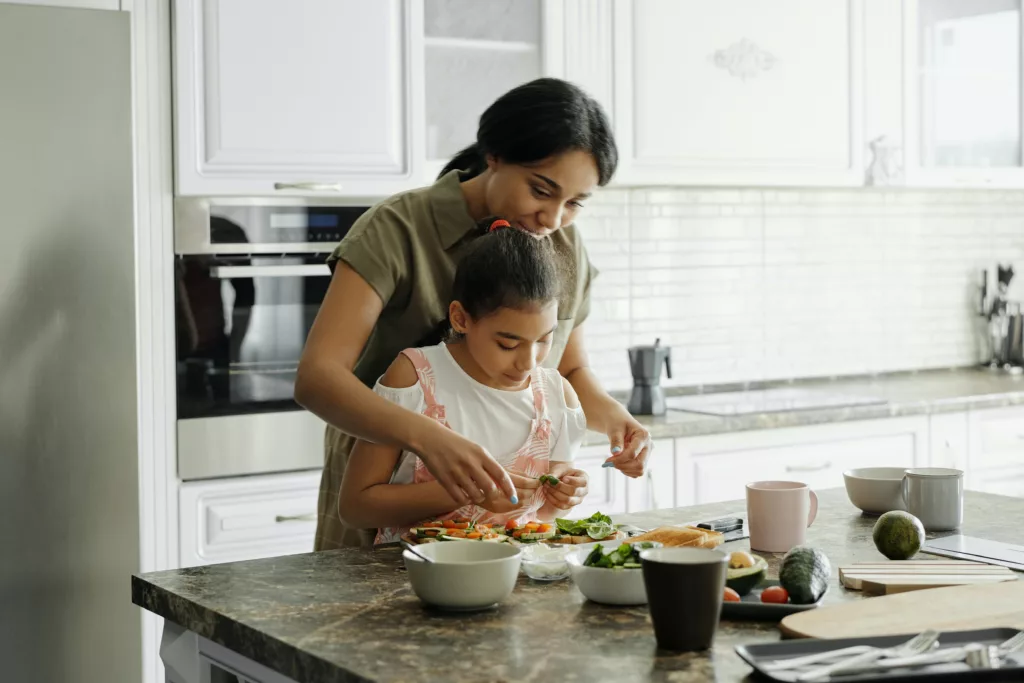
Eco-Friendly Cooking Practices
To truly embrace the spirit of this dish and make a positive impact on the environment, consider the following:
Source Ingredients from Local Farmers’ Markets
Local farmers often employ sustainable farming practices, which have a lower environmental impact. By supporting them, you’re promoting community agriculture and reducing the carbon footprint associated with transporting goods over long distances.
Opt for Packaging-Free Ingredients
Excessive packaging, especially non-biodegradable plastic, contributes significantly to environmental pollution. By choosing packaging-free or minimal packaging options, you’re championing zero-waste cooking and reducing landfill waste.
Compost Any Organic Waste
Composting turns kitchen scraps and leftovers into valuable soil nutrients. It reduces the need for chemical fertilizers, enriches the soil, and decreases methane emissions from landfills.
Use Energy-Efficient Appliances
Energy-efficient appliances, like induction cooktops or convection ovens, consume less energy, reducing your carbon footprint and electricity bills.
Cook in Bulk and Store
Cooking in larger quantities and storing meals reduces the frequency of cooking, saving energy. Plus, using reusable containers for storage minimizes plastic waste.
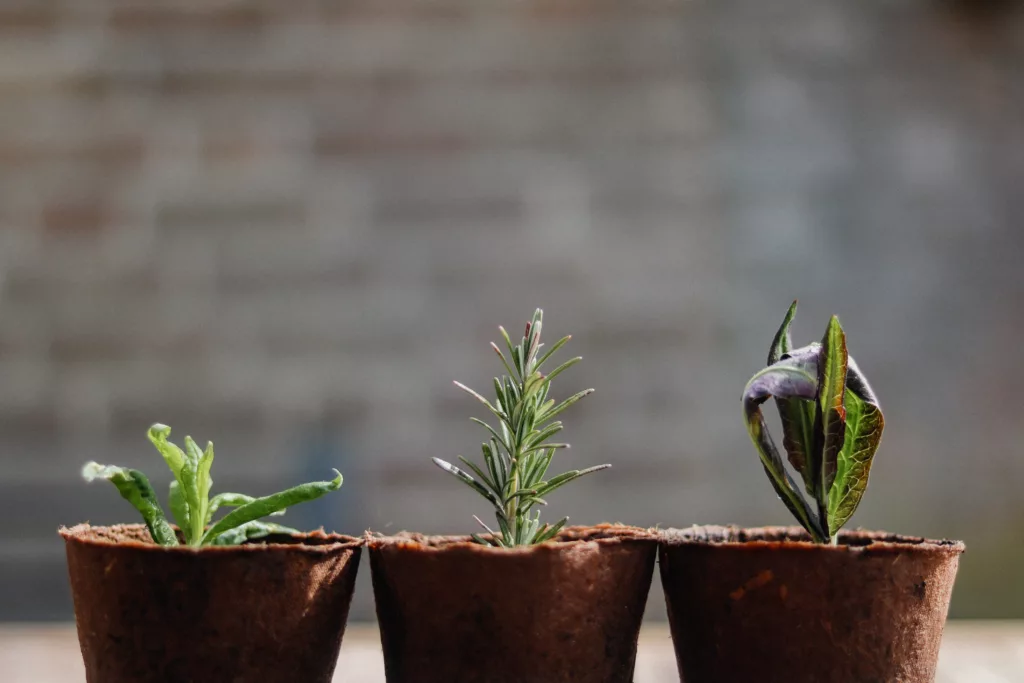
Grow Your Own Herbs and Vegetables
Even a small kitchen garden can provide fresh, organic produce. This not only ensures you have pesticide-free ingredients but also reduces the environmental impact of transporting and packaging these goods.
Reduce Water Waste
Be mindful of the water used in cooking. Use minimal water for boiling, and repurpose water where possible, like using pasta water for sauces or watering plants.
Choose Seasonal Produce
Seasonal ingredients are fresher, tastier, and have a lower environmental impact as they don’t require energy-intensive storage or transportation from distant locations.
Educate and Share
Share your knowledge of sustainable cooking practices with friends and family. Encouraging a community or a group to adopt these practices can amplify the positive impact on the environment.
Avoid Single-Use Plastics
Instead of cling film, opt for beeswax wraps or reusable silicone lids. Use cloth bags instead of plastic ones, and glass or stainless steel containers for storage.
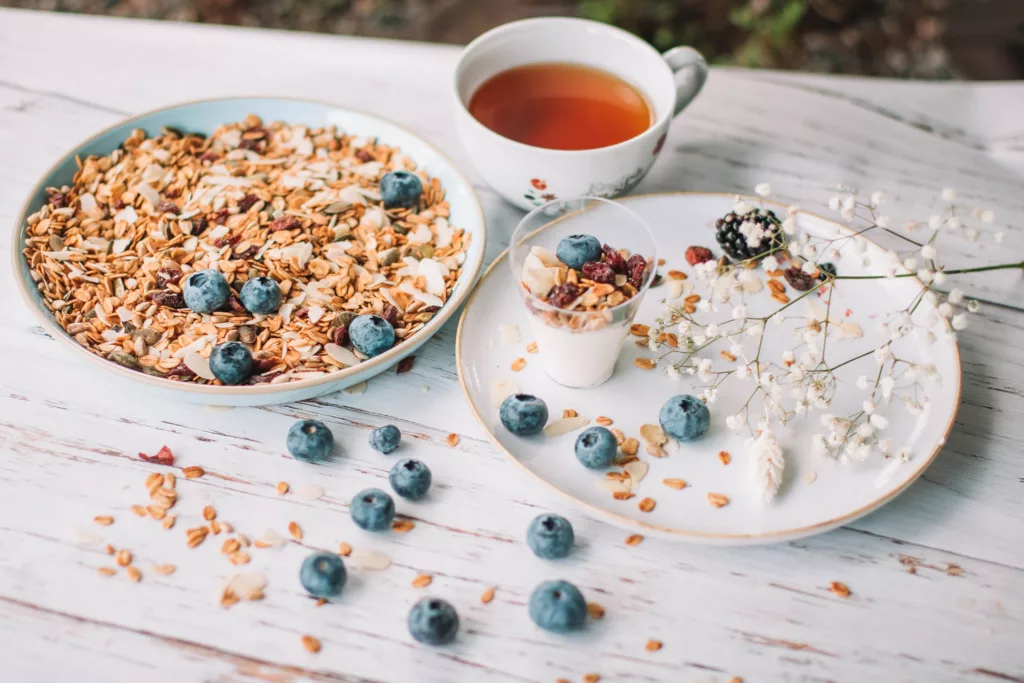
Conclusion
As we wrap up this little piece on baked brownie oatmeal, it’s evident that every meal is an opportunity. An opportunity to nourish our bodies, yes, but also to make choices that nourish our planet. So, the next time you’re looking for sustainable breakfast options or exploring conscious eating, remember this baked brownie oatmeal recipe.
If you have your own sustainable recipes or experiences, we’d love to hear them. After all, every step towards a sustainable future is a step worth taking. Begin by stocking up your pantry with sustainable groceries from our eco-friendly store! Click here to shop.
Want to read more like this?
Get similar stories and a free sustainability checklist delivered to your inbox.

Like our content?
Get similar stories and a free sustainability checklist delivered to your inbox.


